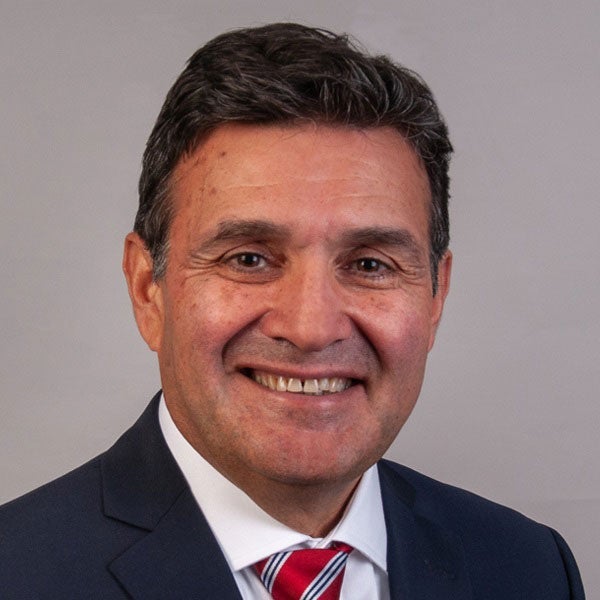World-Renowned Urogynecologist Joins Bassett Medical Center
October 10, 2019Categories: Bassett News, Women's Health
Samuel Badalian, MD, who is among the world’s foremost urogynecologists, was recently named Chief of Women’s Health for Bassett Medical Center. Urogynecologists are specialists in the female urinary and reproductive tract and treat problems associated with dysfunction of the pelvic floor and bladder. Dr. Badalian’s decision to join Bassett makes available important surgical and non-surgical treatments for incontinence, pelvic prolapse and other women’s health issues in the eight-county region served by Bassett Healthcare Network.

“Prior to my arrival, patients had to travel long distances for these services. This is a quality-of-life issue rather than life or death. Many women just learn to live with incontinence and pelvic prolapse, and they should not have to do this,” says Badalian.
According to the National Association of Continence, incontinence affects 25 million Americans, and it is nearly twice as common in women. “We are making women’s lives better, whether they are in their 50s or their 90s, correcting incontinence and prolapse. It is so rewarding, seeing how we are changing lives every day,” Badalian says.
Chief of Clinical Services Steven Heneghan, MD, notes, “Bassett is extremely fortunate to have Dr. Badalian join our medical group. He is respected internationally for his credentials and expertise in the field of urogynecology, and there is great demand for his skills and the treatment options he offers to women in upstate New York."
New Procedures to Treat Pelvic Floor and Bladder Dysfunction
Botox injections in bladder muscle, percutaneous tibial nerve stimulation (PTNS) and the BTL EMSella chair are a few of the non-surgical treatments that Badalian brings to Bassett. Botox may be injected into the bladder muscle to treat overactive bladder symptoms. PTNS is a minimally-invasive treatment that delivers electrical stimulation to the tibial nerve to treat urge incontinence and overactive bladder. With the BTL EMSella chair, a non-invasive, non-surgical technique for urinary incontinence, patients undergo a 28-minute treatment that uses electromagnetic technology to penetrate targeted tissues of the pelvic floor to stimulate and strengthen the pelvic floor muscles.
Over the last two decades, Dr. Badalian has also performed thousands and trained hundreds more surgeons in sling surgery, which corrects stress urinary incontinence. “We now do this procedure with a small incision and patients can go home after just a few hours,” Dr. Badalian explained. “We also have surgical options for vaginal reconstruction to treat pelvic prolapse in as minimally invasive a way as possible—vaginally, laparoscopically or through robotic surgery.”
A diplomate of the American Board of Obstetrics and Gynecology and Female Pelvic Medicine and Reconstructive Surgery, Dr. Badalian trained in his native Armenia as well as in Russia and the United States. He routinely travels to Ghana, Kazakhstan, France, Armenia and other countries to train physicians and surgeons in surgical and non-surgical treatments for women’s health issues.
